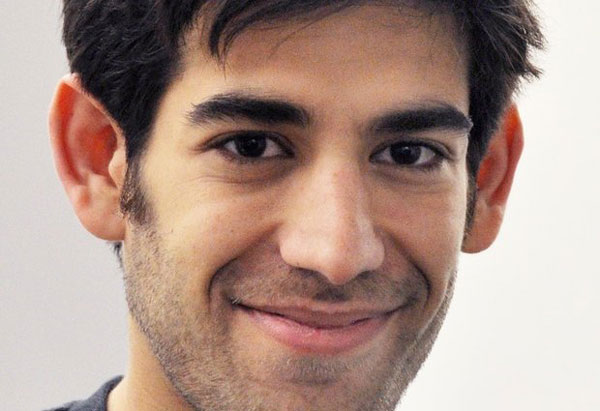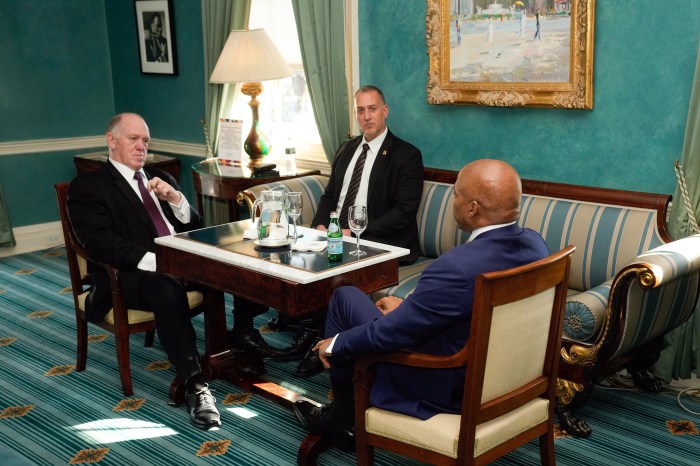
BY LIZA BéAR | It was standing room only at The Cooper Union’s Great Hall from 4 p.m. to 6 p.m. on Sat., Jan. 19, as family, friends, collaborators and supporters honored the memory of Internet pioneer, computer prodigy and cyber activist Aaron Swartz, 26.
Swartz ended his life on Jan. 11 in his Brooklyn apartment, a few weeks before the scheduled start of his controversial Department of Justice trial. He stood accused of breaking into a closet at M.I.T. in September 2010, and downloading 4.5 million articles from JSTOR, a nonprofit, subscription-based, online archive for more than 1,000 academic journals, to which Swartz, as a fellow at Harvard’s Safra Center for Ethics, had access.
Although neither JSTOR nor M.I.T. wished to pursue civil or criminal charges, as told by Swartz to The Huffington Post last June, D.O.J. brought 13 felony counts against him under the Computer Fraud and Abuse Act, or CAFA. As a result, he faced as much as 31 years in jail and/or a $1 million fine, causing incredible stress, according to his partner, Taren Stinebrickner-Kauffman, founder of SumofUs.org.
A statement on the memorial program referred to Swartz’s death as “the product of a criminal justice system rife with intimidation and prosecutorial overreach.”
Efforts are underway to reform CAFA through an initiative called Aaron’s Law, for which signatures are being collected.
Repeatedly referred to as a “builder, not a hacker” at The Cooper Union memorial service, Swartz invented an A.T.M. machine. He spent a year in high school and a year in college. At age 14, he helped create the RSS Web feed and became a co-founder of Reddit — a social news and entertainment Web site where users vote submissions up or down. By 16 he was considered an expert in his field, contributing to the development of Creative Commons, which provides free and easy-to-use, copyright licensing for creative content shared online.
At the East Village memorial, Edward Tufte, professor emeritus of computer science at Yale, hailed Swartz as “marvelously and vigorously different.” Holden Karnovsky, co-executive director of Givewell, referred to Swartz’s interest in meta-issues, such as promoting rational altruism. Roy Singham, founder and chairperson of Thoughtworks, who had hired a team of international engineers to work with Swartz, eulogized him as a systems thinker, “a gentle giant who wanted to right the wrongs of the world, a complex and wondrous soul,” but also as “a consummate team member who was developing the next generation of tools for organizing and democratizing campaigning.”



































